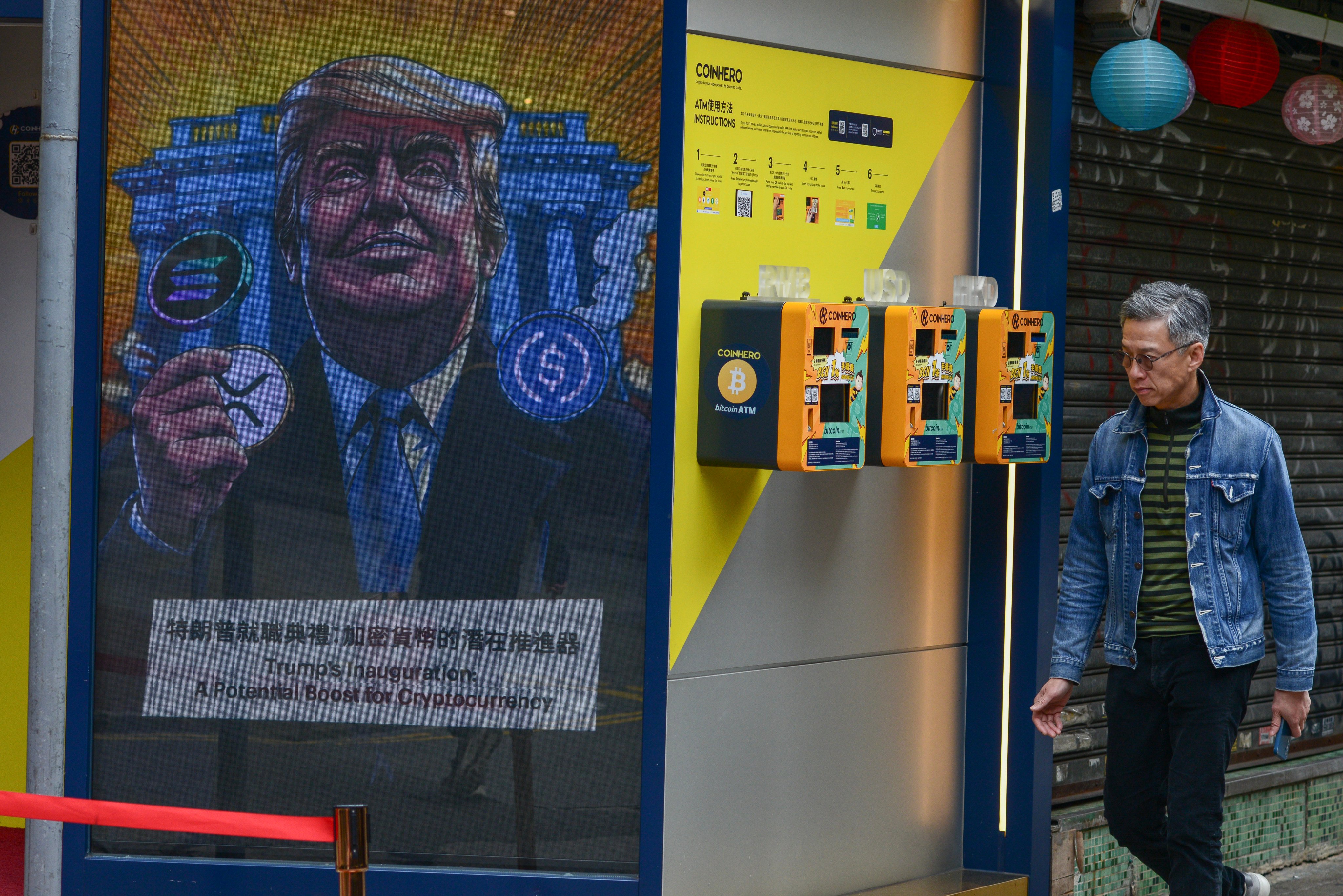The Hong Kong government has pledged to promote the public adoption of licensed stablecoins, unveiling a broad set of new digital asset (DA) policies as the city seeks to cement its role as a global cryptocurrency hub while serving as a test bed for Beijing’s fintech aspirations.
In the “Policy Statement 2.0 on the Development of Digital Assets in Hong Kong” released on Thursday, the government called for market proposals to test stablecoin applications in public scenarios and a legislative proposal to expand tax concessions on profits from blockchain assets.
The blueprint set a “vision for digital asset development and showcases the practical use of tokenisation through application, with a view to boosting the diversification of use cases”, said Financial Secretary Paul Chan Mo-po.
Starting from the 2025-26 financial year, privately offered funds and family-owned investment holding vehicles could claim tax breaks on profits from transactions involving cryptocurrencies and tokenised securities – bringing digital assets into parity with traditional assets such as stocks and bonds – pending approval by the Legislative Council.
Under the plan, the government would support testing new stablecoin use cases given the strong corporate interest, especially in cross-border trade and settlement, according to the document. The government-backed start-up incubator Cyberport would also launch a new funding scheme to support high-impact blockchain and digital asset projects.
The government said that regulators, law enforcement agencies and technology providers would collaborate to develop digital asset infrastructure.
The move comes as Hong Kong’s regulatory regime for stablecoins – cryptocurrencies that are pegged to a reference asset, typically a fiat currency such as the US dollar – is set to take effect on August 1, making it the first of its kind globally.
Officials have also been working to accelerate their goals for tokenisation, which puts traditional assets on a blockchain. The government plans to regularise the issuance of tokenised government bonds and encourage the tokenisation of a wider range of assets, including precious and non-ferrous metals and renewable energy projects.
“Digital assets hold great development potential with significance to fintech,” Chan said. “Through the adoption of blockchain technology, more efficient financial transactions at a lower cost can be realised to bring in more inclusive financial services.”
Hong Kong aimed to build a “flourishing” digital asset ecosystem that connected the real economy and daily life through regulation and market innovation, strengthening the city’s position as a leading international financial centre, he added.
“The framework … helps us leap towards a trusted, sustainable and deeply integrated digital assets ecosystem embedded within the real economy,” said Secretary for Financial Services and the Treasury Christopher Hui. “It also keeps Hong Kong at the forefront of digital transformation, offering a clear road map for businesses and investors to thrive in a secure and vibrant DA market.”
Eugene Cheung, chief commercial officer of the licensed crypto exchange operator OSL, said the tax concessions showed a “proactive response to market demand”, and reinforced Hong Kong’s “ambition to become a premier wealth management and Web3 hub”. Hong Kong was also establishing a robust ecosystem for tokenised assets by providing a clear legal framework, he added.
